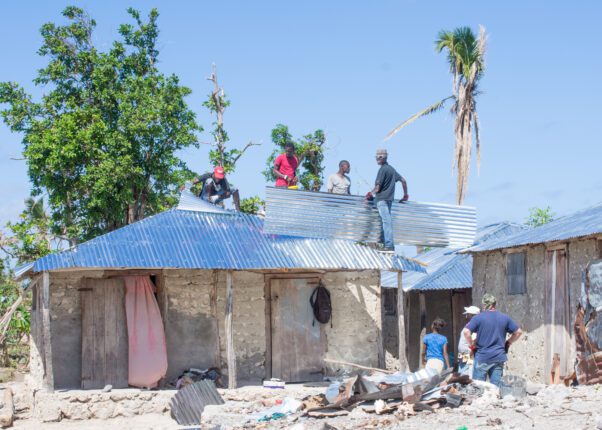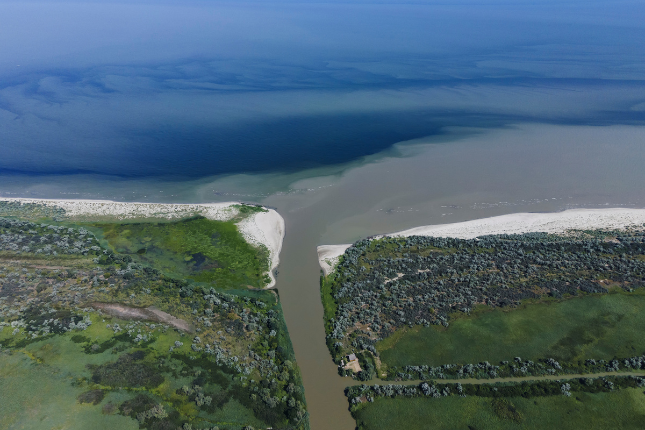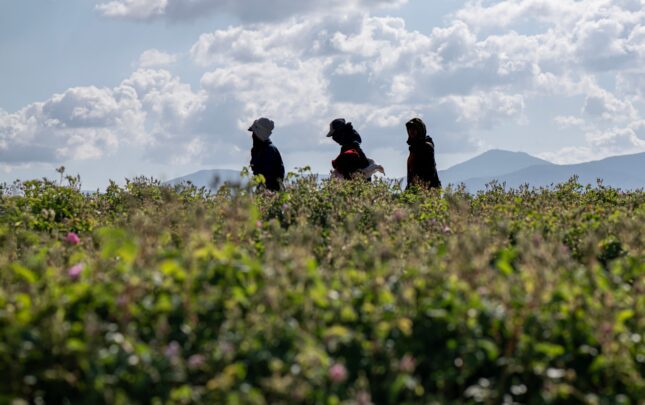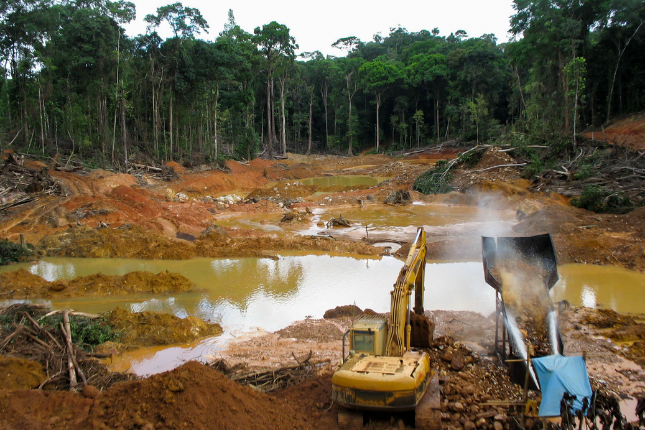-
ECSP Weekly Watch | March 24 – 28
›
A window into what we’re reading at the Wilson Center’s Environmental Change and Security Program
Marine Protected Areas in Tanzania Boost Living Standards (Mongabay)
In the 1990s, Tanzania established five multiuse Marine Protected Areas (MPAs) to help the country protect 30% of its oceans by 2030. However, a new study has found that the MPAs offered benefits beyond marine ecosystems by also improving the quality of life in nearby communities.
-
In the Wake of a Tropical Cyclone: Turning to Violence or Building Peace?
›
“It seems like the news is always bad, right?” observed retired climate and atmospheric scientist James Kossin in a BBC interview last autumn.
Kossin was describing how climate change is weakening the wind shear patterns that have helped lessen the impacts of tropical cyclones in the United States. And, indeed, there is mounting evidence for his observation.
-
Harnessing the Benefits of Water Cooperation in an Increasingly Complex World
›
In an era of apparent decline in international cooperation and rising crises, freshwater offers an area in which joint approaches remain absolutely essential—especially since water often transcends the boundaries of nation-states.
Cooperation has long been the preferred approach in dealing with water resources shared with neighboring countries. Since the first—and so far, only—water war in 2550 B.C.E., states have favored cooperative action over conflict to manage, protect, or develop our planet’s 313 transboundary surface water basins and 468 transboundary aquifers.
-
Can Climate-Resilient Agriculture Become an Engine for Syria’s Post-Conflict Recovery?
›
Syria finds itself at a crossroads. Faced with the imminent need to prevent a relapse into renewed short-term insecurity, its government also must start to develop longer-term strategies to support recovery.
Generating peace dividends for Syria’s embattled population requires confronting the ecological threats which currently undermine basic human security across the country. Nowhere do these threats emerge more prominently than in its agricultural sector. Ensuring that this essential sector lives up to its potential as an engine for economic stabilization and peace will require a set of targeted – and climate-sensitive – investments and interventions.
-
Environmental Peacebuilding: The Year in Review and the Year Ahead
›
As 2025 marches into its third month, the governance challenges that accompany rising demand for natural resources are not only on the front burner—they are proliferating—and becoming entangled with the drivers of conflict and cooperation.
The heated competition for resources has bubbled up in a proposed billion-dollar deal for Ukrainian minerals now making global headlines. The view that critical minerals like lithium, manganese, and others could become bargaining chips in potential peace talks demonstrates how central they’ve become to global competition—and to the economic and political future of countries around the world.
-
ECSP Weekly Watch | March 10 – 14
›
A window into what we’re reading at the Wilson Center’s Environmental Change and Security Program
Congo Takes Apple to Court (Foreign Policy)
The Democratic Republic of the Congo has filed criminal lawsuits against Apple subsidiaries in France and Belgium, alleging that the company profits from smuggled conflict minerals laundered through Rwanda. This legal action follows the seizure of key mining areas by M23 rebels, which has further fueled a conflict that already has killed over 8,500 people. Apple denies the claims, stating that it ordered its suppliers to suspend sourcing from Congo and Rwanda.
-
ECSP Weekly Watch | March 3 – 7
›
A window into what we’re reading at the Wilson Center’s Environmental Change and Security Program
UK and Ireland Will Connect Energy Networks (The Guardian)
Despite post-Brexit trade barriers, the UK and Ireland have announced a collaboration on renewable energy infrastructure to boost both nations’ energy efficiency and security. The deal is part of larger efforts to “harness the full potential” of the Irish and Celtic seas for offshore windfarms and national energy networks.
-
ECSP Weekly Watch | February 24 – 28
›
A window into what we’re reading at the Wilson Center’s Environmental Change and Security Program
EU Parliament Suspends Rwandan Critical Mineral Pact Over Links to DRC Conflict (Mongabay)
Rwanda and the DRC both have large reserves of critical minerals essential to the clean energy transition. Yet the EU has voted to suspend a cooperation agreement on mineral extraction in the region after the Rwandan-backed rebel group M23 seized key areas in the DRC’s eastern provinces.
Showing posts from category climate change.








